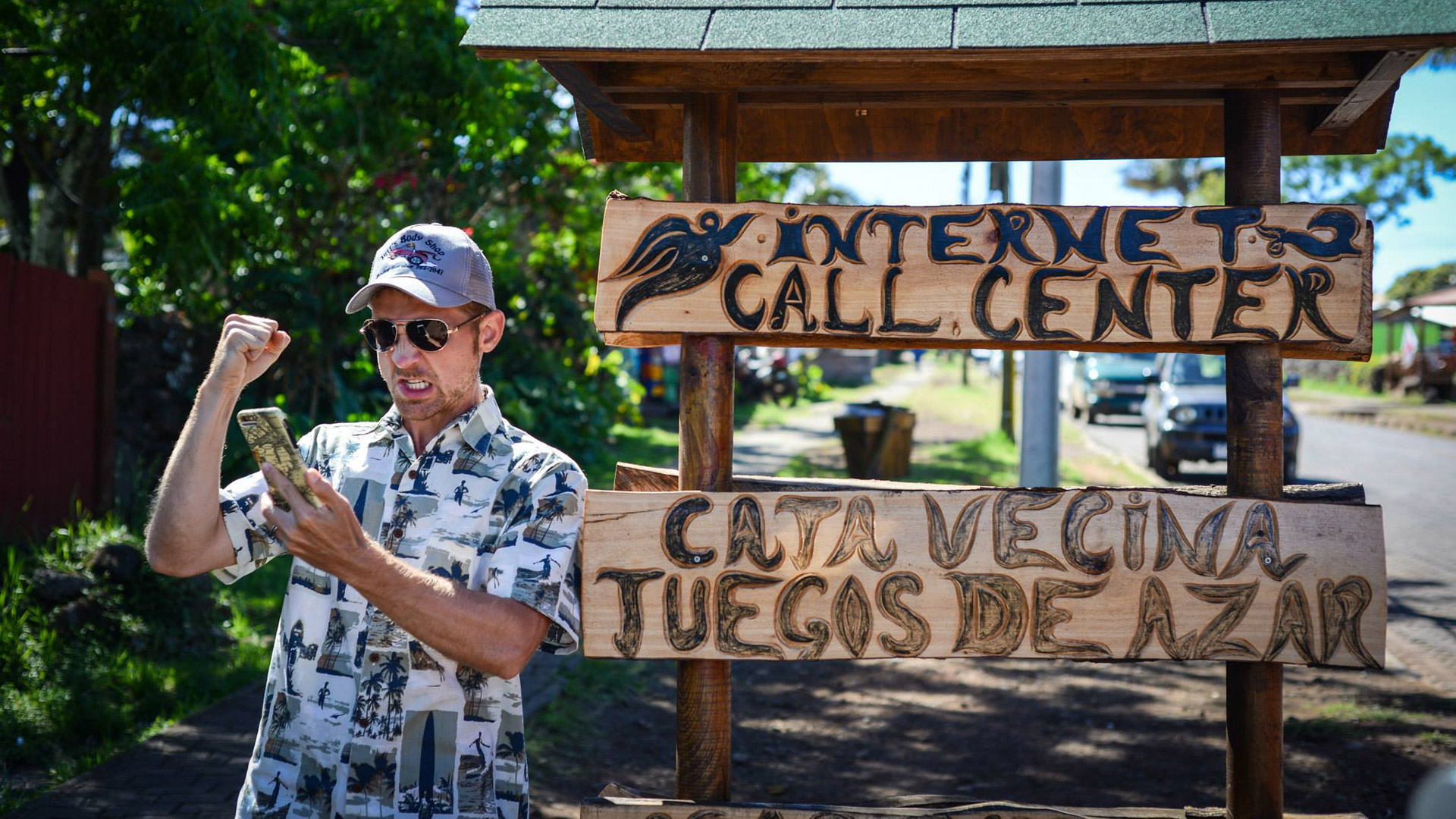FCC proposal ushers low-income Americans into the broadband revolution
Lifeline subsidy will soon cover more than just voice services

The U.S. as a whole is a nation blanketed with high-speed connectivity, but sizable pockets of underserved citizens still exist. In fact, nearly one in five Americans still lack regular access to broadband Internet due to cost. FCC chairman Tom Wheeler is aiming to change that in a big way.
In a blog post published earlier today, Wheeler honed in on the 64 million Americans that "still live on the wrong side of the digital divide." At present, only half of the nation's households positioned in the lowest income bracket subscribe to broadband; unsurprisingly, "affordability" is the most popular reason.
- Best broadband deals available this month
Disconnected = disadvantaged
It's easy to gloss over statistics such as these, but it's important to recognize that these are real people -- real neighbors -- that suffer on a daily basis simply due to their inability to connect. Those without access get stuck in a vicious cycle of poverty. If you can't afford broadband, you aren't apt to have access to online job listings, tutorials, and educational videos. Meanwhile, the connected world is using those very things to advance their careers and build wealth.
The FCC is set to vote on a plan that would enable low-income Americans to apply their $9.25 / month Lifeline subsidy to more than just a basic cellphone. If passed, the plan would enable that money to be spent on "standalone Internet service or bundled voice and data packages." Comcast's Internet Essentials, for instance, costs just $9.95 per month, and would almost entirely be covered by the Lifeline subsidy.
Pundits suggest that the FCC still has work to do to reduce overall fraud within the Lifeline program. Be that as it may, this is still a massive step in the right direction. A populace connected, as I've seen firsthand, is a populace that prospers.
Sign up for breaking news, reviews, opinion, top tech deals, and more.
